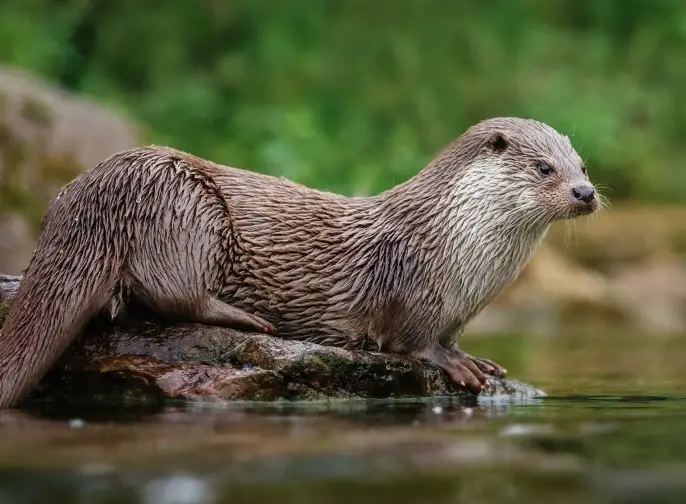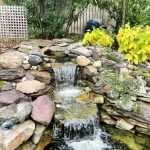When you think of otters, you might picture these playful and adorable creatures swimming in rivers or coastal areas. But have you ever wondered if otters live in ponds? In this article, we will delve into the fascinating world of otters and explore whether ponds are part of their habitat.
The Habitat of Otters
Otters are semi-aquatic mammals that belong to the family Mustelidae. There are 13 different species of otters, and they can be found in a variety of habitats, including rivers, lakes, marshes, and coastal areas. Otters are known for their sleek bodies, webbed feet, and playful nature.
One of the most common species of otters is the North American river otter, which is found throughout North America in a variety of aquatic habitats. River otters are excellent swimmers and can often be seen playing and hunting in rivers and streams.
Do Otters Live in Ponds?
While otters are commonly associated with rivers and coastal areas, they can also be found in ponds. Ponds provide otters with a source of freshwater, food, and shelter, making them a suitable habitat for these charismatic mammals.
Otters in ponds often feed on fish, amphibians, crustaceans, and other aquatic organisms that thrive in freshwater environments. Ponds offer otters a diverse range of food sources, making them an attractive habitat for these skilled hunters.
Adaptations of Otters
Otters have several adaptations that allow them to thrive in various habitats, including ponds. Their sleek bodies and webbed feet make them excellent swimmers, allowing them to navigate through water with ease. Otters also have a thick fur coat that helps keep them warm in cold water and insulates them from the elements.
In addition to their physical adaptations, otters are highly intelligent animals that exhibit complex behaviors such as tool use and cooperative hunting. These characteristics help otters survive and thrive in a range of environments, including ponds.

Credit: www.wildlife-removal.com

Credit: www.youtube.com
Benefits of Otters in Ponds
Having otters in ponds can have several benefits for the ecosystem. Otters play a crucial role in maintaining the balance of aquatic ecosystems by controlling the populations of fish and other prey species. By preying on certain species, otters help prevent overpopulation and maintain the health of pond ecosystems.
Furthermore, otters are indicators of ecosystem health. The presence of otters in ponds is a sign of a healthy and well-functioning ecosystem. By monitoring otter populations, researchers can gain valuable insights into the overall health of aquatic habitats.
Conservation of Otter Habitats
Despite their adaptability and resilience, otters face numerous threats to their habitats, including pollution, habitat destruction, and climate change. Conservation efforts are essential to protect otter populations and ensure the preservation of their habitats, including ponds.
By raising awareness about the importance of otters and their habitats, we can help safeguard these charismatic mammals for future generations to enjoy. Conservation initiatives such as habitat restoration, pollution control, and sustainable development are crucial for the long-term survival of otters in ponds and other aquatic environments.
Conclusion
In conclusion, otters do live in ponds, along with a variety of other aquatic habitats. Ponds provide otters with essential resources such as food, shelter, and freshwater, making them an important part of the otter’s habitat. By understanding the habitat requirements of otters and the role they play in ecosystems, we can work towards conserving these remarkable animals and their environments.
Next time you visit a pond, keep an eye out for signs of otters and appreciate the vital role they play in maintaining the health and balance of aquatic ecosystems.





